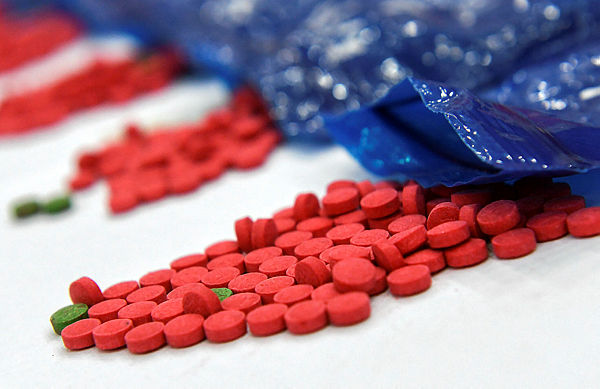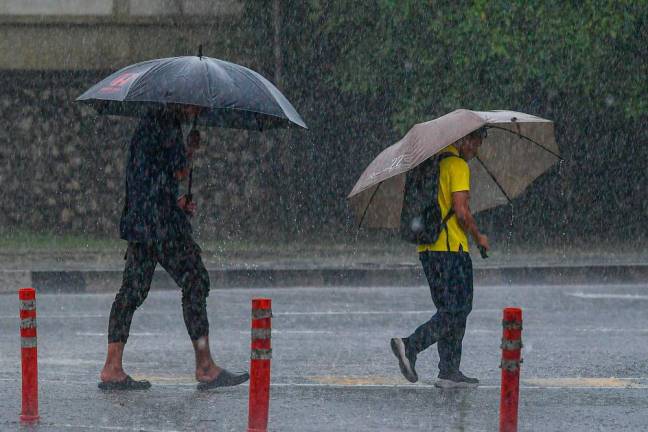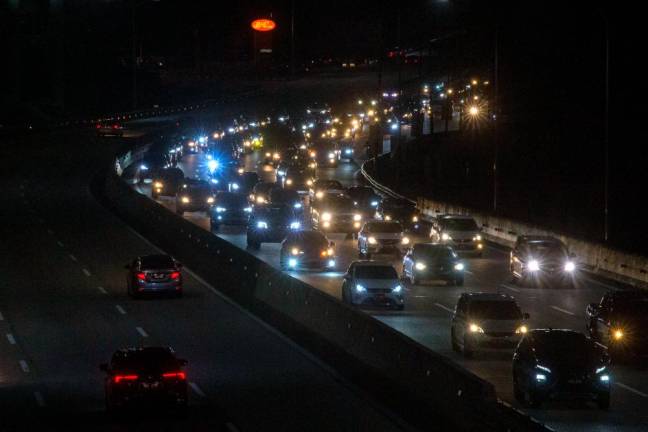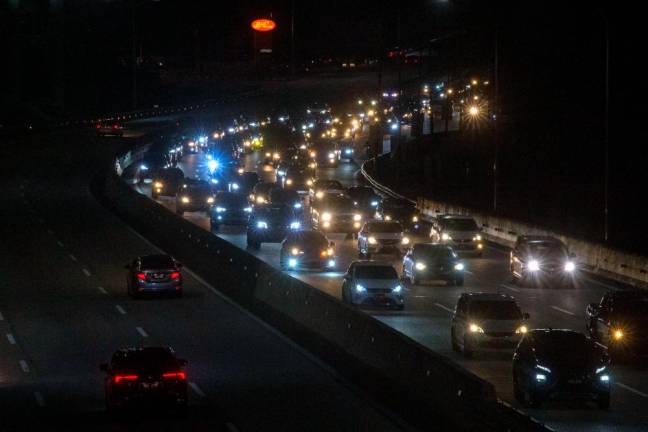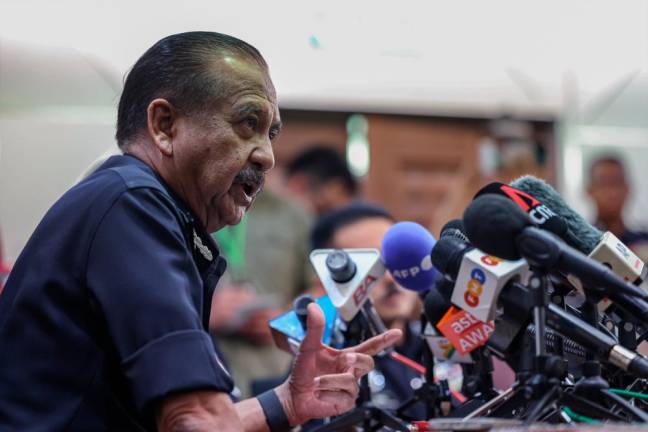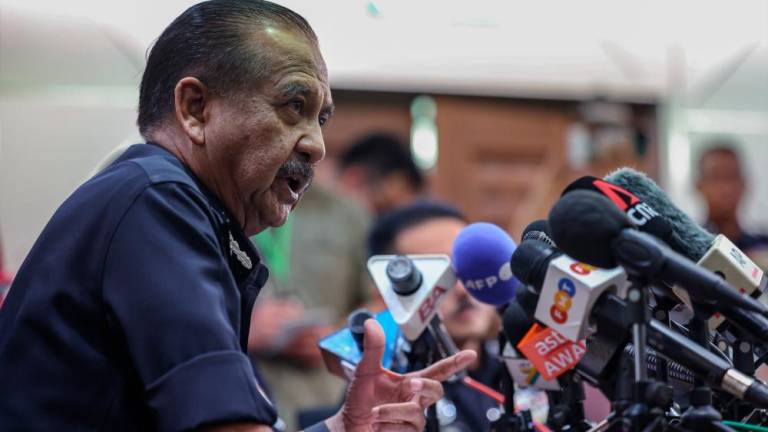KUALA LUMPUR: Nineteen drug-processing laboratories were demolished from January to November this year.
During the period, the total value of the various types of drugs seized from operations by the authorities was estimated at RM272.9 million.
This is one of the successes achieved by the authorities in the fight against drugs considered to be the country’s number one enemy in the last 36 years.
While it is almost impossible to achieve a ‘drug free’ state, the government through the authorities is constantly striving to ensure that this disease that contributes to other social ills can be curbed.
The government’s commitment in combating drugs is evident as it becomes one of the eight social indicators to measure the growth of the Shared Prosperity Vision 2030, and is a key focus of the Security and Public Order Policy (DKKA) launched by the government.
Ongoing efforts, however, are needed by focusing on a comprehensive and balanced approach through preventive education, law enforcement and strategic cooperation with various parties, says criminology expert Datuk Seri Akhbar Satar.
Akhbar said in terms of enforcement, the police should regularly conduct operations as well as improve intelligence on internal and external syndicates.
In fact, the war on drugs has never ceased with the authorities continuing operations to dismantle drug laboratories, busting drug syndicates including those with international networks and arresting drug dealers and addicts.
From January to Nov 24, the Royal Malaysia Police (PDRM) confiscated about RM80.82 million worth of drugs from operations nationwide.
According to the Bukit Aman Narcotics CID statistics, 163,496 drug offenders who were suppliers (25,077 persons); possessors (61,629 people) and addicts (76,790 people) were detained nationwide during the period.
During the same period, police also seized various drugs including heroin weighing 634.32kg; cannabis (624.51kg); syabu (4,818.64kg); and ketamine (251.63kg). The estimated total value of the seized drugs was RM272.9 million.
The result of the authorities’ dedication to fight the drug menace can be seen when the overall number of drug addicts decreased in 2018 compared to the previous year.
According to the National Anti-Drug Agency (AADK) website, 20,223 addicts were documented in 2018 with 17,315 new addicts and 2,908 relapse cases compared to 21,354 comprising 18,112 new addicts and 3,242 relapse cases in 2017.
The 2018 statistics also showed that 541 addicts were 13 to 18 years old; 15,131 people aged 19 to 39; and 4,551 people over 40.
Akhbar also recommended that the AADK design a new drug prevention education module and that the new module should be implemented in collaboration with police and the Ministry of Education.
“Although the problem of drug abuse among teenagers at the school-going age is still under control, continuous efforts to provide preventive education need to be intensified,“ he said.
Akhbar and social activist Lee Lam Thye described the Security and Public Order Policy and the Shared Prosperity Vision 2030 as a government initiative and step in ensuring that the country continues to prosper and is free of drugs.
“I think all government agencies need to put in the effort to combat drugs and not to expect only the authorities to do it alone,“ Akhbar said.
Lee said family institutions should also play an important role in educating their children to stay away from drugs.
“In other words, combating drugs requires constant determination by all parties and it cannot be left to only certain agencies or groups to solve it,“ he said.
Lee said as long as there were weaknesses at any level, it would provide opportunities for drug suppliers and users, and the community would continue to be threatened by this menace. — Bernama



